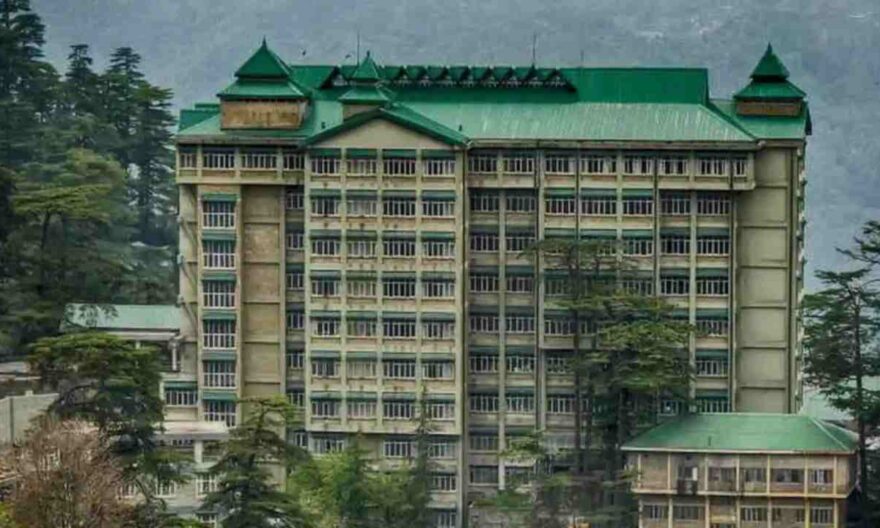
In a significant ruling under the Land Acquisition Act of 1894, the Himachal Pradesh High Court has ordered the State to provide market value compensation to a 94-year-old tribal Petitioner.
The court held that the State Forest department cannot deny compensation to the petitioner on the grounds that he did not retain copies of previous complaints against the department’s illegal use of his land.
The bench, consisting of Chief Justice MS Ramachandra Rao and Justice Ajay Mohan Goel, observed that despite the petitioner being an innocent tribal old man who may not have retained the representations he made in the past, the Forest Department cannot take advantage of this fact, especially when the issue has been under dispute since the construction on his land and the subsequent demarcation.
The case involved a writ petition challenging the Forest Department’s acquisition of wasteland in the Akpa village of Kinnaur district. The petitioner claimed that he was granted land rights in 1955, of which a portion was encroached upon during the construction of officers’ quarters by the Forest Department.
The State argued that the petitioner had failed to cultivate the land within the required timeframe and had never objected to the construction by the Forest Department.
After examining the matter, the bench noted that the grant of nautor land rights was based on the Nautor Rules. Due to the unavailability of old revenue records, there was a lack of evidence to prove that the petitioner had given consent to the Forest Department for the use of his land.
The bench stated that in the absence of any material indicating that the land was resumed by the Government due to non-cultivation, the Forest Department’s utilization of the petitioner’s land without providing market value compensation was deemed illegal, arbitrary, and in violation of Article 14 and 300A of the Constitution of India.
Although the right to property is not a fundamental right, the court emphasized that it is protected under Article 300A of the Constitution of India. While the government has the power to acquire private property for public purposes, it must provide just compensation to affected individuals. In this case, since no compensation was paid to Lal, the Forest Department’s actions were deemed unconstitutional.
Considering that the land in question had already been utilized by the State, the court deemed it inappropriate to restore the land to the petitioner in the interest of the public. As a result, the court directed the respondents to pay market value compensation to the petitioner under the Land Acquisition Act of 1894, treating the land as if it had been acquired by the State on January 1, 1993.
Additionally, the State was instructed to pay Rs.10,000/- as costs to the petitioner within four weeks.





